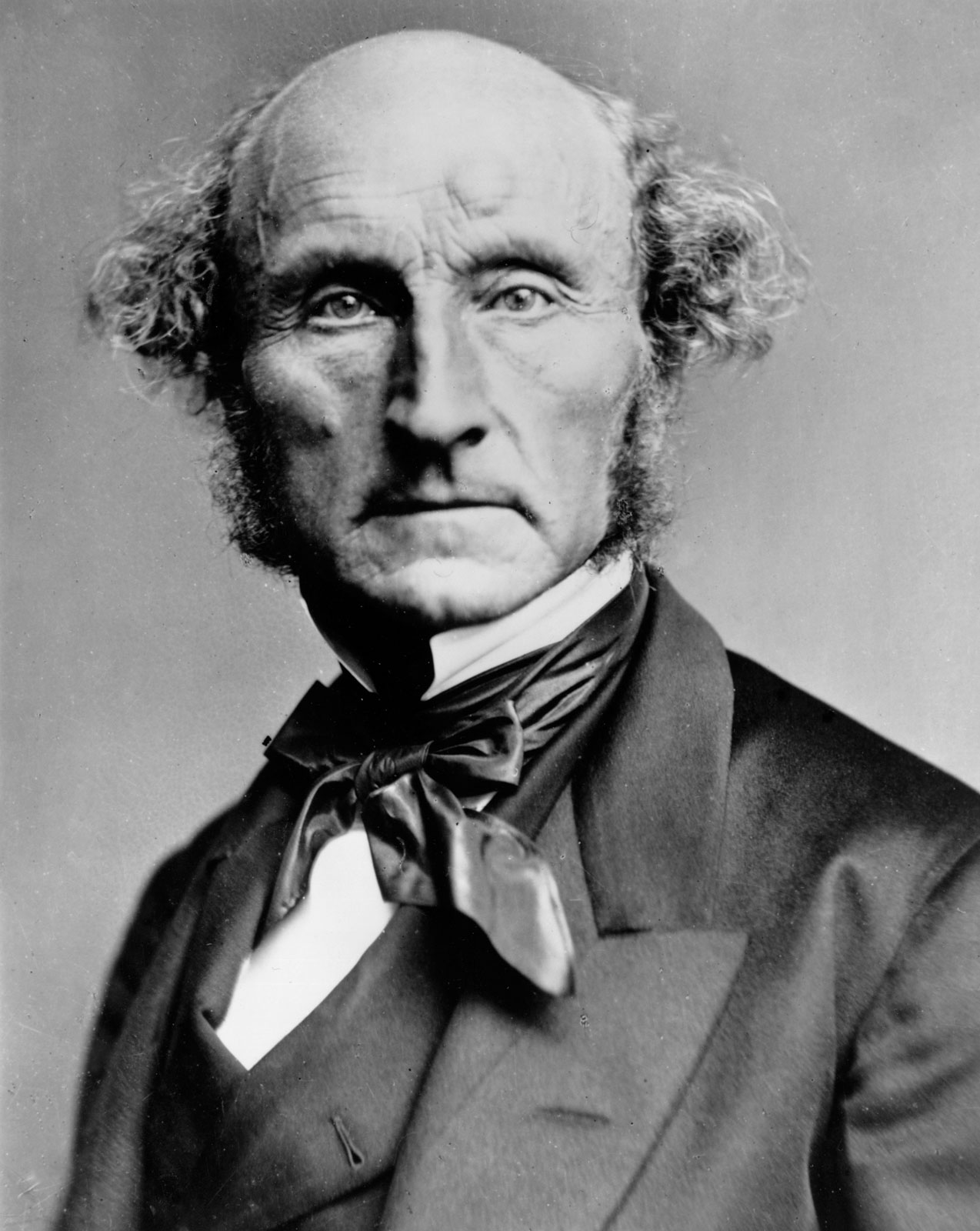cannot be answered, because we have no experience or authentic information from which to answer it; and that any answer only throws the difficulty a step further back, since the question immediately presents itself, “Who made God?”
Source: Autobiography (1873), Ch. 2: Moral Influences in Early Youth. My Father's Character and Opinions.
John Stuart Mill Quotes
Autobiography (1873)
'Long before I had enlarged in any considerable degree, the basis of my intellectual creed, I had obtained in the natural course of my mental progress, poetic culture of the most valuable kind, by means of reverential admiration for the lives and characters of heroic persons; especially the heroes of philosophy.'
Autobiography (1873)
That a thing is unnatural, in any precise meaning which can be attached to the word, is no argument for its being blamable; since the most criminal actions are to a being like man not more unnatural than most of the virtues.
Source: On Nature (1874), p. 102
Source: Autobiography (1873)
Source: https://archive.org/details/autobiography01mill/page/233/mode/1up pp. 233-234
pages 176-177; Early Modern Texts page 16
Three Essays on Religion (posthumous publication), Theism, Part II: Attributes
“landlords... grow richer, as it were in their sleep, without working, risking, or economizing."”
Book 5, Chapter 2, Section 5
Principles of Political Economy (1848-1871)
Book V, Chapter 11, Section 9
Principles of Political Economy (1848-1871)
Source: On Liberty (1859), Ch. 1: Introductory
Autobiography (1873)
Context: What we principally thought of, was to alter people's opinions; to make them believe according to evidence, and know what was their real interest, which when they once knew, they would, we thought, by the instrument of opinion, enforce a regard to it upon one another. While fully recognizing the superior excellence of unselfish benevolence and love of justice, we did not expect the regeneration of mankind from any direct action on those sentiments, but from the effect of educated intellect, enlightening the selfish feelings.
